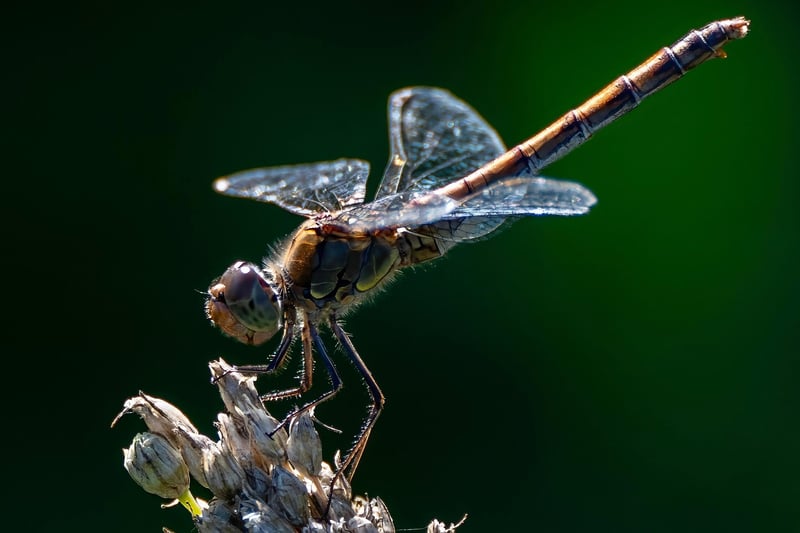Beneficial Insects
Protect Your Garden with Beneficial Insects

Having a thriving garden requires more than just watering and weeding. One of the most effective ways to protect your garden from harmful pests while promoting plant growth is by attracting beneficial insects. These tiny garden helpers can act as natural pest control, pollinators, and even soil aerators, making them essential allies in maintaining a healthy garden ecosystem.
Why Beneficial Insects are Important
Beneficial insects play a crucial role in maintaining ecological balance in your garden. By preying on harmful pests like aphids, caterpillars, and mites, they help keep pest populations in check without the need for harmful chemicals. Additionally, many beneficial insects are essential pollinators, ensuring the reproduction of flowering plants and the production of fruits and vegetables.
Common Beneficial Insects
- Ladybugs: Known for their appetite for aphids, ladybugs are excellent natural pest controllers.
- Bees: Essential pollinators, bees play a vital role in the reproduction of many plant species.
- Praying Mantis: These voracious predators feed on a wide range of garden pests.
- Lacewings: Lacewing larvae are voracious aphid eaters, making them valuable allies in pest control.
- Ground Beetles: Active at night, ground beetles feed on slugs, caterpillars, and other pests that emerge in the dark.
Attracting Beneficial Insects
To encourage beneficial insects to take up residence in your garden, consider the following tips:
- Plant a diverse range of flowers: Flowering plants attract pollinators like bees and provide nectar for beneficial insects.
- Provide shelter: Create habitat for beneficial insects by adding rocks, logs, and mulch for them to hide and lay eggs.
- Avoid pesticides: Chemical pesticides can harm beneficial insects, so opt for natural pest control methods instead.
- Use companion planting: Planting certain crops together can attract beneficial insects and deter pests.
By welcoming beneficial insects into your garden, you can create a balanced ecosystem that promotes plant health and reduces the need for synthetic chemicals. Protecting these tiny allies not only benefits your garden but also contributes to the overall biodiversity of your local environment.
Remember, a healthy garden is a diverse garden, so embrace the presence of beneficial insects and watch your plants flourish!
